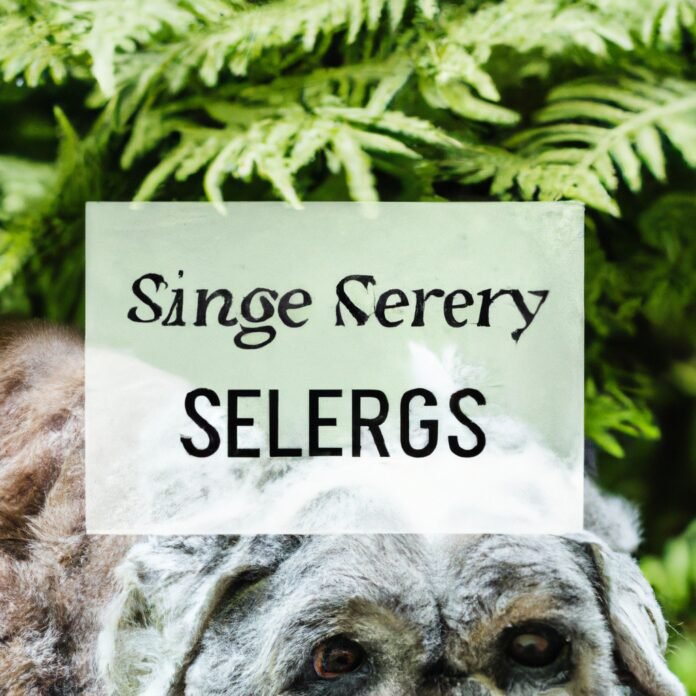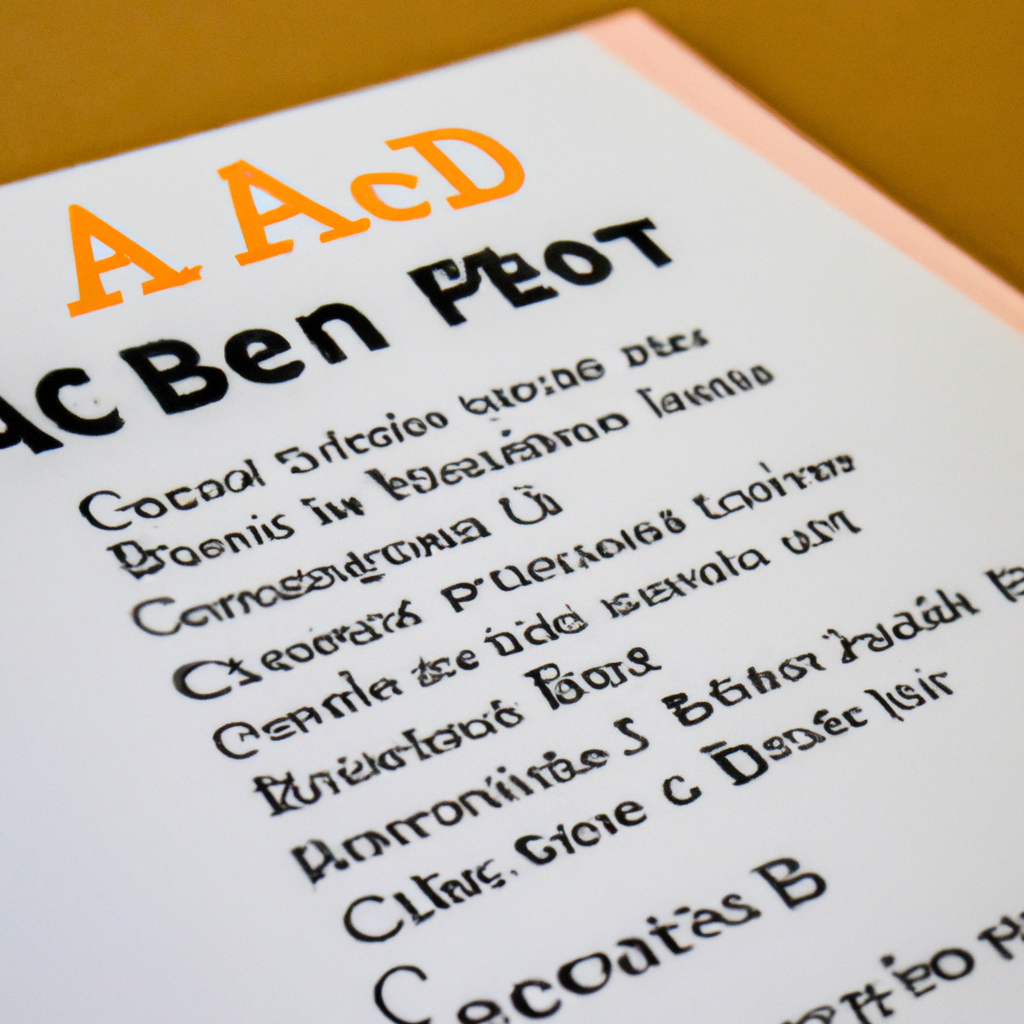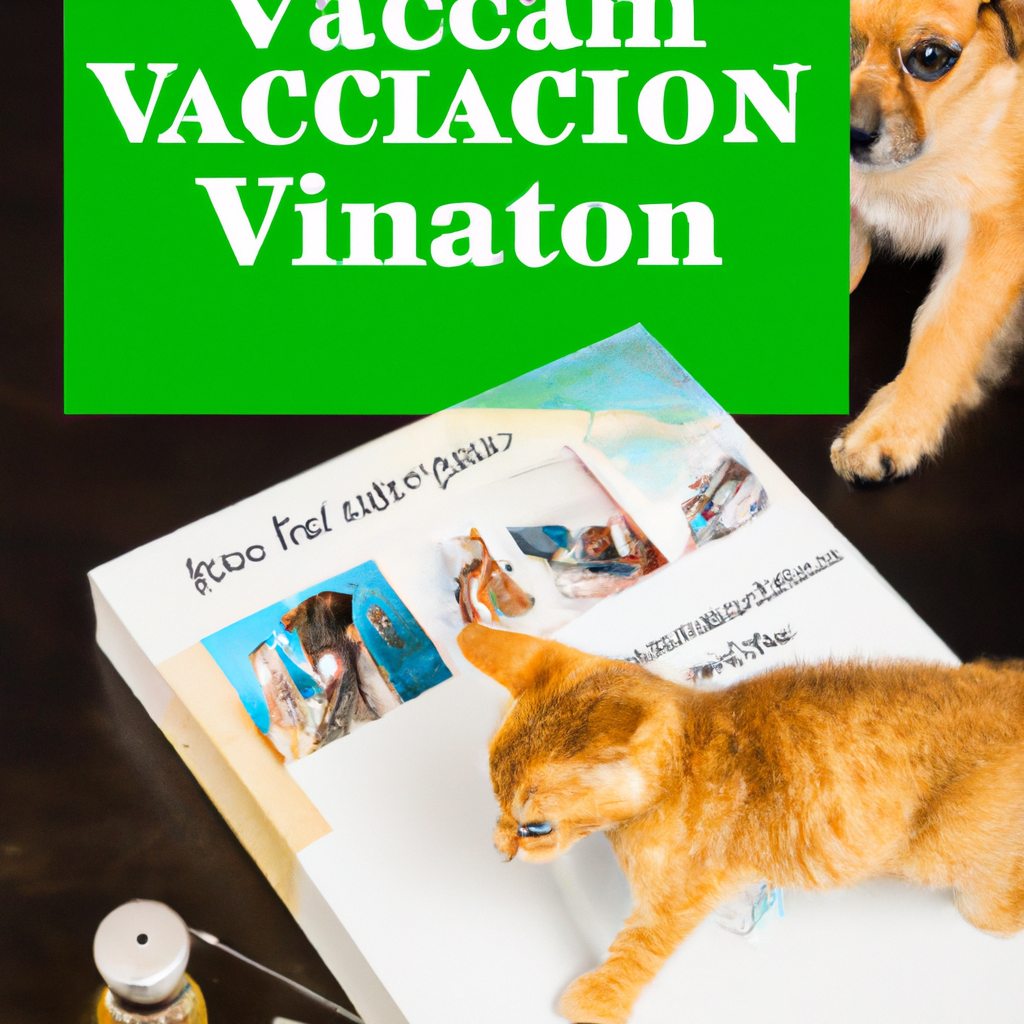Has there been an extra special bond between you and your pet for the past few years? It’s not uncommon to form particular connections with animals, however, a senior pet care routine is key to keeping older pets healthy and happy. In this article, we’ll help you understand the ins and outs of properly looking after a senior pet and make sure you have all the necessary know-how to make sure it’s living its golden years happily and healthily.
1. Nurturing Your Senior Pet: The Benefits of Specialized Care
When it comes to senior pet care, the added attention, specialized treatments, and potential therapies can make a huge difference in the well-being and longevity of your pet’s life.
Enhanced Quality Of Life
Nurturing your senior pet can go a long way in providing them with an enhanced quality of life, as well as with a renewed level of comfort that they may not have been able to experience before. According to the American Veterinary Medical Association, senior cats and dogs of all breeds benefit from access to specially designed diets, exercise plans, and additional enrichment activities.
Tailored Medical Care
As your pet ages, their medical care needs may change in order to best address their evolving health care needs. Specialized senior pet care can provide this as well, helping to tailor treatments and therapies so that your pet receives the personalized care they need. This can include anything from regular checkups, vaccinations, and parasite treatments to preventive medications and specific diets that meet their age-related nutritional needs.
Pain Management
Senior pet care can also help manage chronic pain, helping to reduce your pet’s discomfort and improve their mobility. This may include the administration of medications to minimize pain, the placement of special beds or mats to provide additional support, or even the implementation of a physical therapy program.
Mental Wellness
When it comes to senior pet care, mental wellness is just as important as physical health. Activities such as interactive games, socialization with other pets, and engaging in appropriate activities can help to provide your pet with the mental stimulation they need to stay healthy.
Positive Attitude
When your senior pet is receiving the care and attention they need, you may find that their general attitude and outlook on life is improved. With the availability of treatments, therapies, and specialized diets and activities, your pet can receive the nurturing environment they require to remain in good health and spirits.
2. What to Look For: Signs of Age-Related Decline
Age-related decline affects all living things. As individuals get older, they typically experience physical and cognitive changes. To best care for your senior loved one, it’s important to know the signs of age-related decline.
Physical Changes
- Bodily Changes – Senior individuals may experience slower reflexes, decreased strength, stiffness, and more frequent falls.
- Hydration Issues – Difficulty keeping track of liquids and full glasses of water can lead to dehydration.
- Dietary Changes – Individuals over the age of 65 often require more energy from their food to meet basic nutritional needs.
- Sleep Patterns – Poor sleep quality or disruptions in sleep patterns can lead to disorientation, irritability, and confusion.
Cognitive Changes
- Disorientation – An increased symptoms of confusion or difficulty with familiar tasks.
- Memory Loss– Many loved ones over the age of 65 may experience lapses in memory, including forgetting recent events, conversations, people, or appointments.
- Difficulty Making Decisions – Making decisions, even small ones, can become more difficult to do as a result of age-related decline.
- Loss in Interest – Older loved ones may experience a decrease in interest in activities they used to be passionate about.
If you think you or a loved one is experiencing age-related decline, it’s best to talk to your primary healthcare provider to get access to additional resources. Age-related decline can be a difficult topic to discuss, but it’s so important to create a safe space to share feelings openly in order to ensure the best possible care for your senior loved one.
3. Pet Power: Strategies for Maintaining Your Older Pet’s Health and Wellbeing
As your pet ages, their wellness must remain a priority. Here are some strategies to keep your companion healthy and happy in their later years:
- Diet: Opt for a species-appropriate, nutritionally balanced diet with reduced salt, fat, and calories. Kibble fed for most of their early life may need to be exchanged for a soft food for your pet’s senior years.
- Regular Check-Ups: Regular veterinarian visits should be a part of any pet health plan. Older animals typically need more frequent vet visits and scans to ensure their organs and bones are in excellent condition.
- Exercise: Despite bones and joints becoming more fragile, gentle regular exercise can do wonders for general wellbeing. Longer walks with frequent potty and play breaks will provide the stimulation they need.
Your pet’s mental stimulation is also important. Regular mental stimulation in the form of problem solving activities or puzzle toys will encourage the brain cells to stay sharp. This is especially pertinent in animals with dementia-based conditions.
Lastly, don’t underestimate the power of companionship. Aging can be lonely process, so spending quality time with your pet is a crucial form of bonding. Curling up with a good book in the same room or having a cuddle session on the couch can do wonders to boost your pet’s mental wellbeing.
With these strategies, you’ll be sure to maintain your pet’s physical and mental health in their senior years.
4. Aging Gracefully: How to Ensure Your Pet Enjoys a Long and Happy Life
Aging is an inevitable part of life, but your pet doesn’t have to suffer from the effects of aging. With regular care and maintenance, you can ensure your pet enjoys a long and happy life. Here are a few tips to help your pet age gracefully:
- Provide quality nutrition and exercise: Feed your pet a high quality diet to prevent nutritional deficiencies that can be detrimental to your pet’s health.
Exercise is also important for aging animals, and regular walks and playtime can help keep your pet in good physical shape.
- Take your pet to the vet: Regular check-ups are important for senior animals, as they allow your veterinarian to detect any health issues in their early stages and provide appropriate treatment.
- Keep an eye on your pet’s habits: Pay attention to your pet’s eating, drinking, sleeping, grooming, and bathroom habits. Changes in these habits can be early indicators of medical problems, and it’s important to alert your vet as soon as possible.
- Address any mobility issues: As animals age, their mobility may decrease. Talk to your vet about different mobility aids that may be appropriate for your pet. Regular stretching can also help reduce discomfort and stiffness.
- Provide mental stimulation: Keep your pet’s mind active with games and puzzles. This can help prevent age-related mental decline and keep your pet engaged and mentally stimulated.
Aging doesn’t have to be a difficult process for your pet. With proper care and maintenance, you can ensure your pet enjoys a long and happy life. Make sure to follow the above steps and schedule regular veterinary visits to keep your pet healthy and happy for many years to come.
As our aging pets deserve the best care and companionship throughout their golden years, it’s important to know how to properly tend to their needs. With a little extra tender loving care, you can help ensure your pet stays happy and healthy well into their twilight years!



